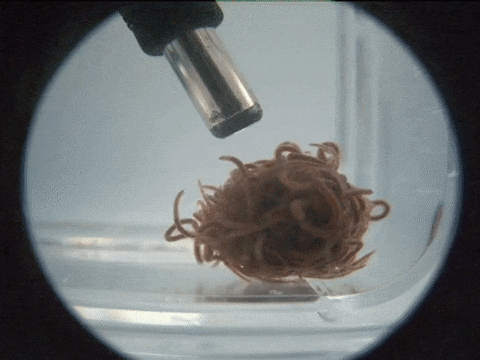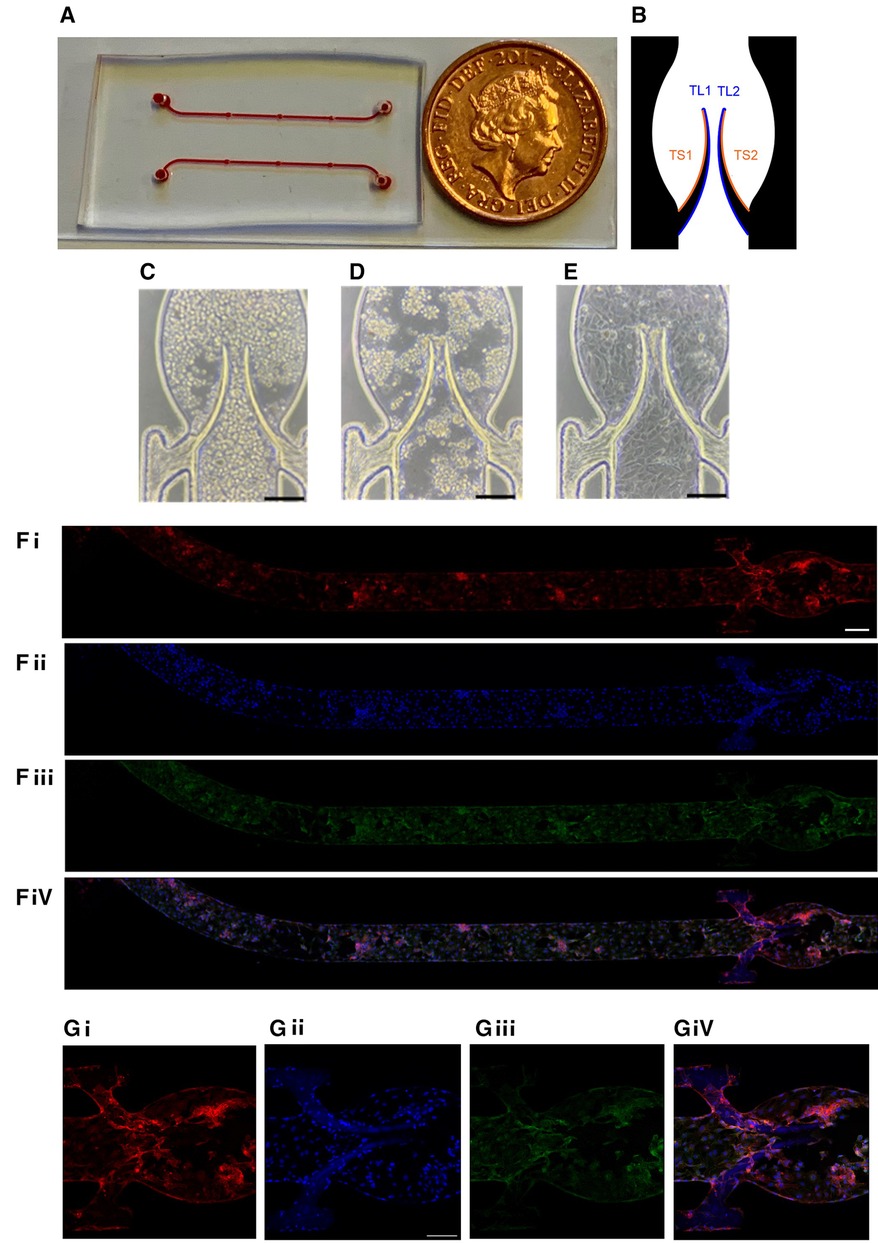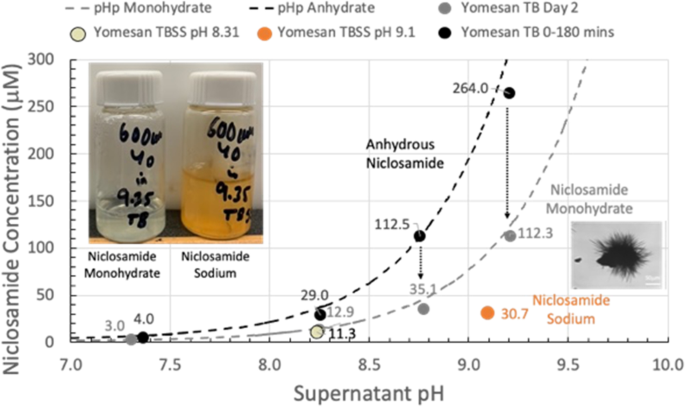2023-04-27 ジョージア工科大学

このミミズのからまり方と解き方のメカニズムを理解するため、Bhamla教授はMITの数学者と協力し、自己組織化し、早く、可逆的に動く繊維状のシェイプシフトロボットの設計に影響を与える可能性のある研究を行った。
また、この研究は、異なる分野の最も複雑な問題に答えるために、学際的な協力がどのように機能するかを示している。
<関連情報>
- https://research.gatech.edu/unraveling-mathematics-behind-wiggly-worm-knots
- https://www.science.org/doi/10.1126/science.ade7759
生きたもつれ物質の超高速可逆的自己組織化 Ultrafast reversible self-assembly of living tangled matter
Vishal P. Patil,Harry Tuazon,Emily Kaufman,Tuhin Chakrabortty,David Qin ,Jörn Dunkel and M. Saad Bhamla
Science Published:27 Apr 2023
DOI:https://doi.org/10.1126/science.ade7759
Editor’s summary
Anyone who has ever packed away rope without coiling it properly knows how easily it gets tangled and how difficult it can be to untangle. By contrast, California blackworms will migrate into a tangled ball over the course of minutes to regulate temperature or moisture but then disentangle and scatter within milliseconds upon sensing danger. Patil et al. combined ultrasound studies of worms with theory to develop a model of how the movement of individual worms (or filaments) affects the collective dynamics (see the Perspective by Panagiotou). In particular, they found that alternating helical waves enabled both tangle formation and ultrafast untangling. —Marc S. Lavine
Abstract
Tangled active filaments are ubiquitous in nature, from chromosomal DNA and cilia carpets to root networks and worm collectives. How activity and elasticity facilitate collective topological transformations in living tangled matter is not well understood. We studied California blackworms (Lumbriculus variegatus), which slowly form tangles in minutes but can untangle in milliseconds. Combining ultrasound imaging, theoretical analysis, and simulations, we developed and validated a mechanistic model that explains how the kinematics of individual active filaments determines their emergent collective topological dynamics. The model reveals that resonantly alternating helical waves enable both tangle formation and ultrafast untangling. By identifying generic dynamical principles of topological self-transformations, our results can provide guidance for designing classes of topologically tunable active materials.


